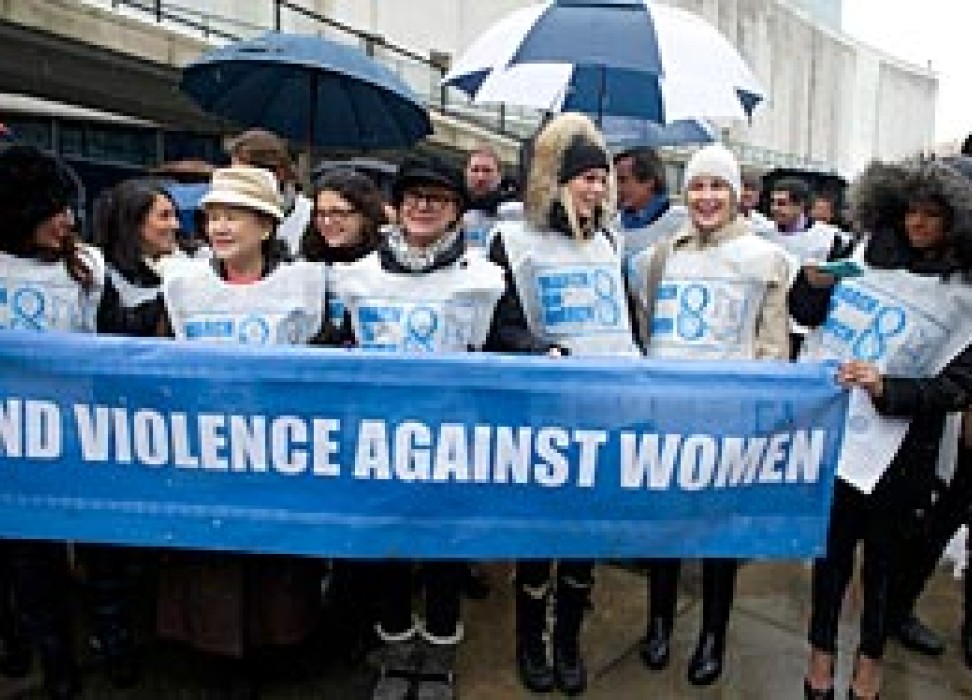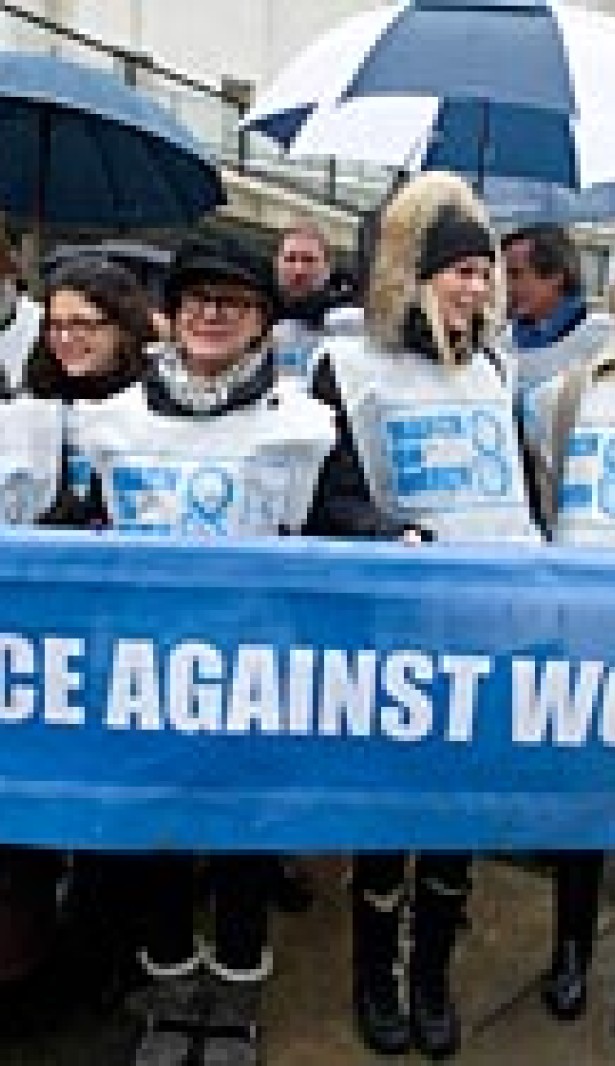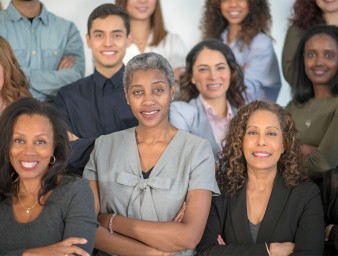Ending gender-based violence and discrimination: Youth as agents of change
12 March 2013

“We are here to explore ways in which the international organisations can learn to engage more effectively with young people, so as to transform the brutal, routine violence too often endured by women and girls around the world”, said UN Human Rights Chief Navi Pillay at an interactive event with youth activists to discuss how youth can effect positive change to end violence against women and girls.
Statistics on violence against women and girls continue to be alarming, including cases of domestic violence. A multi-country study published by the World Health Organization (WHO) found that between 15 and 71% of women aged between 15 and 49 years reported physical and/or sexual violence by an intimate partner at some point in their lives.
“One vital step would be to put an end to impunity for all forms of violence against women. When crimes are committed, it is important to seek punishment and redress”, declared Pillay, while admitting that it was still not enough since “some of these crimes are culturally accepted and widely considered to be almost an intrinsic part of growing up female”.
“What we need is changed behaviour. We need to prevent the underlying attitudes, stereotypes and discrimination that give rise to these specific forms of violence”, Pillay said.
Pillay recognized the crucial role of youth in effecting positive transformative change by challenging political and social norms, and addressing stereotypes that perpetuate violence against women and girls, whether through powerful social protests or social media campaigns.
Referring to the two recent gang-rapes of 23-year-old Nirbhaya in India, and 17-year-old Anene Booysen in South Africa, who both died from their injuries, Pillay declared that the massive waves of public protests on violent attacks against women, driven in many cases by young people, were “a turning point in world public opinion. For they not only vigorously demanded punishment for gender-based crimes, they also called for an end to the cultural assumptions that underlie violence against women”.
After speaking about various youth initiatives in their respective countries to combat violence and discrimination against women, young activists asked that States provide better protection for victims as well as activists. One of the panellists, a survivor of violence, reminded participants that “victims usually have to go back to the same community where the tape of what happened to them is played over and over”, and asked for adequate funding for psycho-social programmes to respond to the needs of victims, including by providing them with places of safety.
Awareness raising campaigns organized by youth organizations in schools and universities have had a major impact on young people, said several youth activists, adding that, when young men are involved in these campaigns, then, a deeper transformative change is more likely to happen and harmful gender norms can be tackled. One of the panellists spoke about the positive impact of the White Ribbon Campaign, an initiative where fathers, male educators, coaches, and young activists, take a stand to promote gender equality and combat sexual violence and discrimination against women.
Social media has an empowering effect, said several young activists, adding that it had allowed them to reach large audiences, organize meetings, engage others in debates, and raise awareness on sexual violence and gender equality. A young activist from India said that, even though she was not in Delhi when the attack on Nirbhaya happened, social media platforms allowed her to send articles, photos and videos on the protests, with the click of a button, and spread the word. Youth activists do not depend any longer on the mainstream media to voice their views, a young activist added.
While supporting the use of social media to end violence and discrimination against women, a few activists also shared their concerns about the difficulty of organizing their activities beyond protests and social media campaigns. Youth activists have the energy and time to transform behaviours but needs to have access to funds at the local level to get organized and increase their capacity to propose concrete and practical solutions, said a panellist.
Activists working on violence against women campaigns should keep in mind that in many communities victims do not have access to the internet, reminded a representative from the Democratic Republic of the Congo. All youth activists including women, especially women at risk, should be given the opportunity to be part of the worldwide movement against violence and discrimination, not only those who have access to social media platforms, she added.
The side event was sponsored by OHCHR, UNFPA, WHO, YWCA, the Graduate Institute in Geneva, and the Permanent Missions of Mexico and the United States to the United Nations. Panellists included youth activists from India, Mexico, the United States, South Africa and Switzerland. The event was held during the 22nd session of the Human Rights Council to celebrate International Women's Day on 8 March.
12 March 2013

VIEW THIS PAGE IN:



